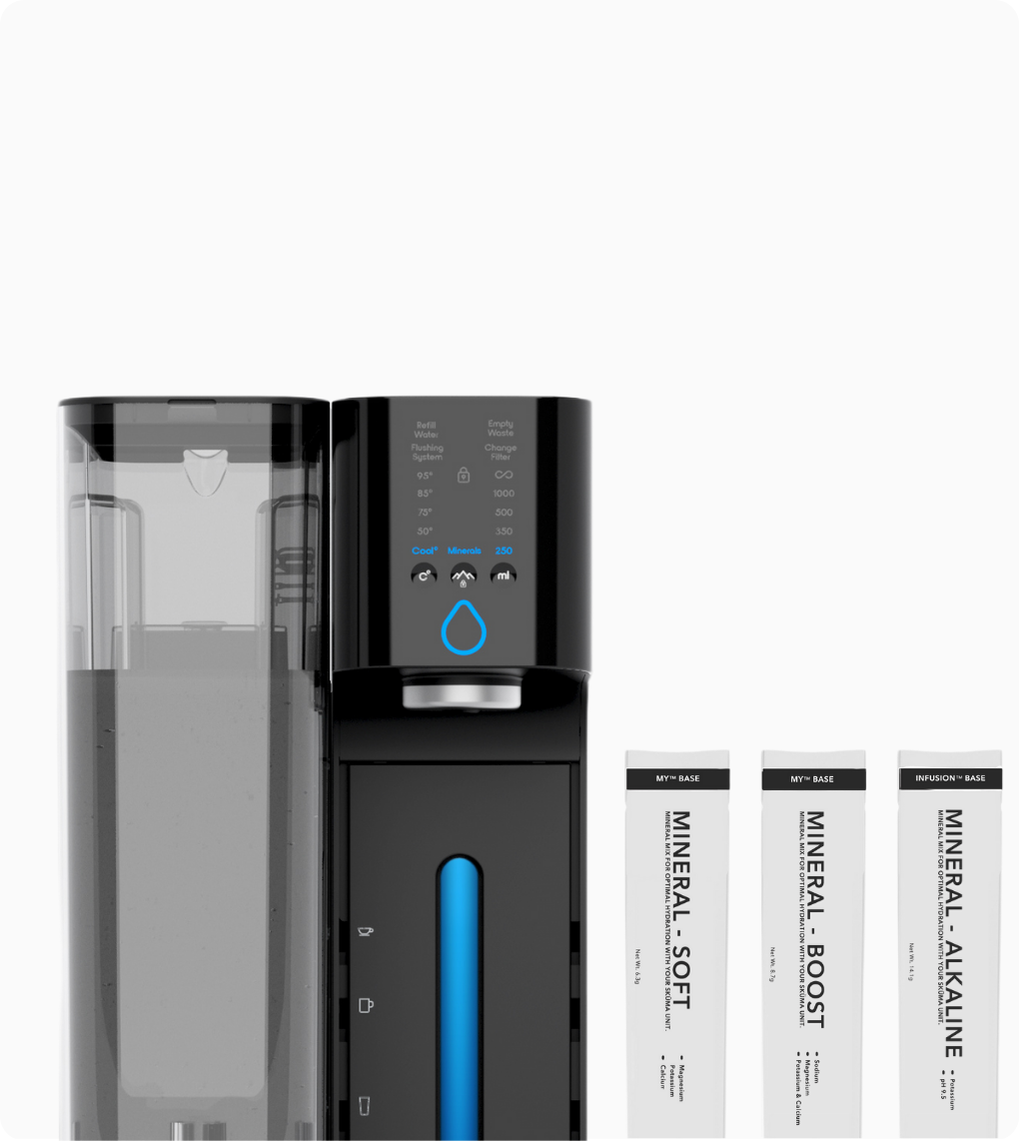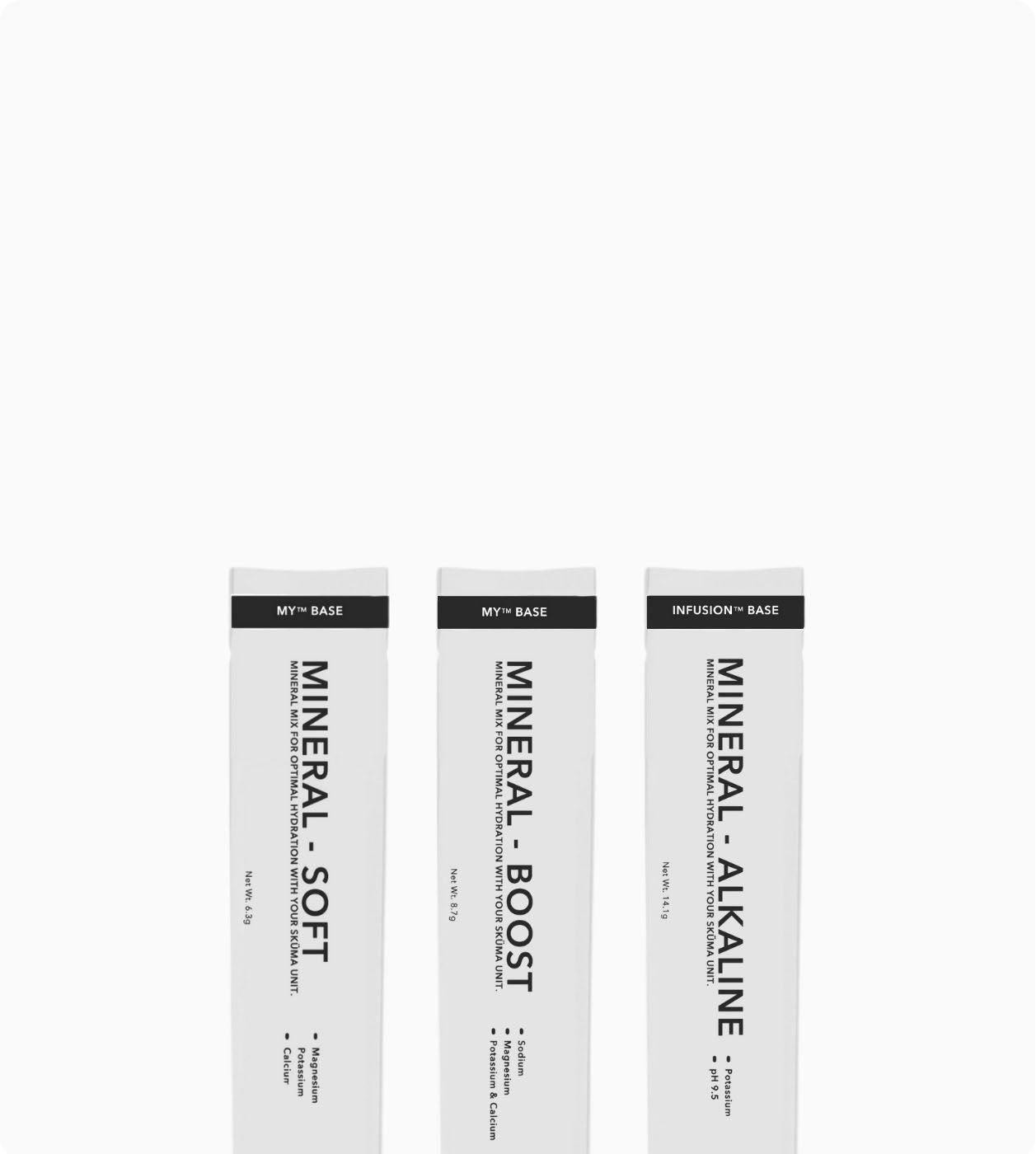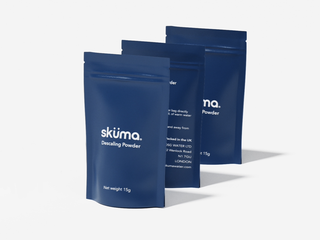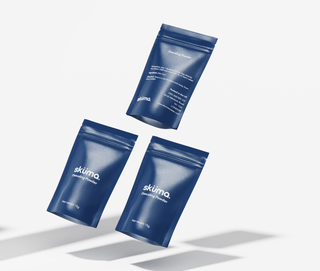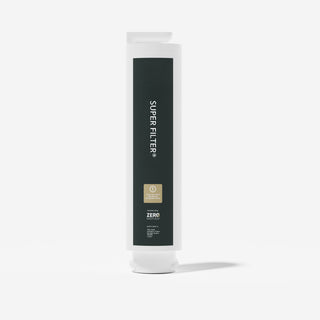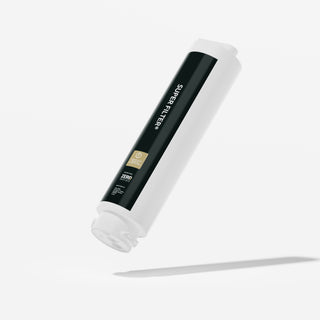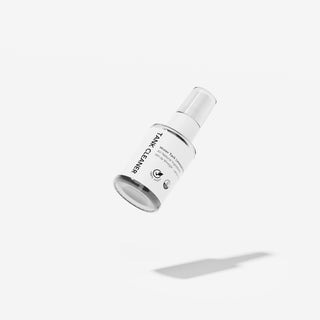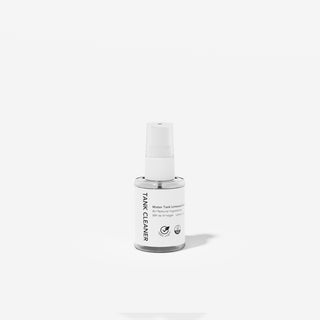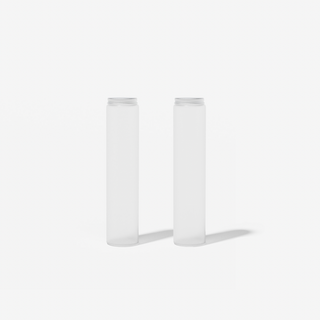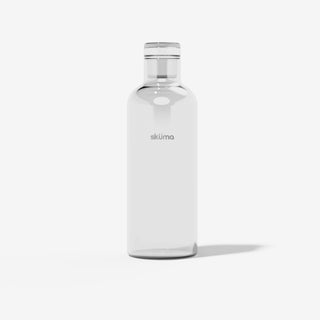New Research Tells Us More About Our Sweat: The Science Behind 2025's Breakthrough Hydration Technology
We've all been there - that moment when you suddenly realise you're parched, your head feels fuzzy, and you can't remember the last time you had a proper drink of water. What if your body has been sending early warning signals all along, hidden in something you probably never thought twice about: your sweat?
Groundbreaking research has revealed that new wearable technology can decode sweat signals in real-time, potentially revolutionising how we think about staying properly hydrated.
The Hidden Intelligence of Sweat
UC Berkeley researchers have demonstrated how their sweat sensor measures electrodermal activity (EDA), an electrical property of the skin, to monitor hydration levels during physical activity. This isn't just another fitness tracker - it works by measuring how electricity conducts through your skin, a process that changes dramatically based on your hydration levels.
What makes this discovery particularly fascinating is that until now, EDA has been thought to be effective at assessing only mental stress. The Berkeley team's breakthrough shows the same technology can distinguish between electrical changes caused by dehydration versus psychological stress.
Why Your Body's Early Warning System Matters
The challenge with dehydration is that by the time you feel thirsty, you're already behind the curve. Traditional methods like monitoring urine colour happen too late to prevent dehydration.
"Because our sensor is thin, breathable and comfortable to wear, it can be seamlessly integrated into the back of a watch or fitness tracker to provide real-time feedback without bulky equipment", explains Dr. Seung-Rok Kim, one of the study's lead researchers.
This means receiving hydration alerts throughout your day - whether you're in a heated office, during a workout, or simply going about your routine.
Real-World Applications
The implications extend far beyond athletics:
During Work: Your smartwatch could alert you when stress-induced dehydration affects concentration, prompting a water break before that important meeting.
Exercise: Receive personalised feedback based on your actual sweat rate, not generic guidelines.
Travel: Long flights and different climates affect hydration invisibly - continuous monitoring could help you adjust proactively.
The Future of Personalised Hydration
"This work opens the door to everyday, passive monitoring of hydration and stress using familiar wearable devices like smartwatches", according to Professor Ali Javey, the study's principal investigator.
The next phase will investigate how environmental conditions and individual skin characteristics affect signals, improving accuracy and personalisation of future wearable health monitors.
Quality Matters
While better hydration monitoring is valuable, it highlights an important point: the quality of what you're drinking matters as much as quantity. When your body efficiently processes fluids, maintaining proper hydration becomes more manageable.
Properly filtered water, free from contaminants and optimised for absorption, works more effectively with your body's natural hydration mechanisms. Which is where Sküma comes in.
Our starter packs give you everything you need for top quality hydration, free from impurities every time. Transform your tap water into pure and precise hydration.
As this technology becomes commercially available, we may see a fundamental shift from reactive health monitoring to proactive wellness management.
The science is clear: your sweat has been trying to tell you something important about your hydration all along. Soon, we'll finally be able to listen.
Citation:
Kim, S.R., Zhan, Y., Davis, N., et al. (2025). Multimodal sweat sensor for real-time monitoring of electrodermal activity and hydration status. Nature Electronics, Published April 2025. https://www.nature.com/articles/s41928-025-01365-7


